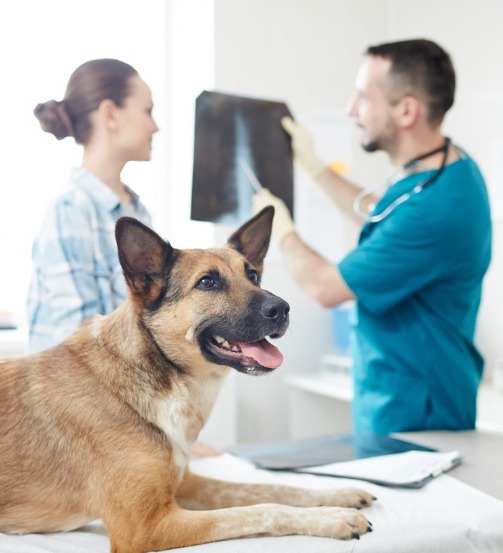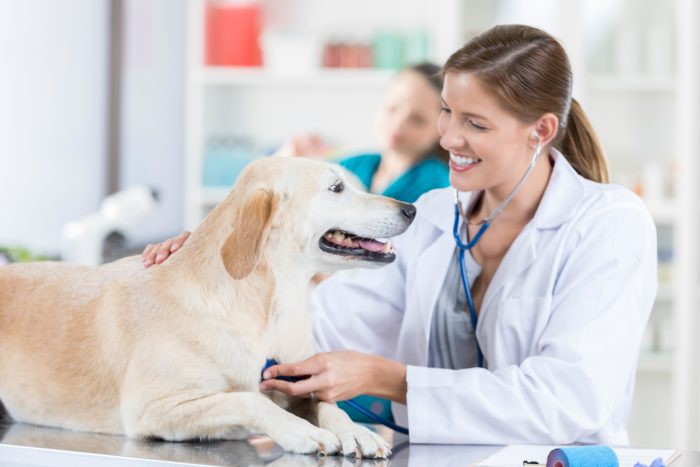Legal Regulations That Govern Veterinary Medical Hospitals In Seneca SC
The operations in animal hospitals are guided by a commitment to pet health and the laws that oversee their practices. These legal regulations require veterinarians to meet the certain standards before opening a veterinary medical hospitals in Seneca SC. Relevant authorities in state and federal governments set up these laws to ensure vets provide safe and ethical care to all animals under their care. This blog post takes a closer look at how animal hospitals are governed by various legal aspects.
Licensing and Accreditation
Veterinary hospitals must adhere to stringent licensing and accreditation requirements. Every veterinary hospital and its staff, including local veterinarians and technicians must obtain the necessary licenses or certifications to legally operate. These licenses are issued by relevant authorities in Seneca SC. The certifications demonstrate that the hospital and our team meet the required standards of training and expertise. We have attained accreditation from professional organizations, such as the American Animal Hospital Association (AAHA) which is a hallmark of quality care.
Ethical Treatment and Animal Welfare Laws
Animal clinics are bound by ethical principles and animal welfare laws that dictate their approach to patient care. These principles include the ethical treatment of animals, which is a fundamental responsibility of all local veterinarians. Veterinarians take an oath to protect and promote the well-being of animals. This professional commitment emphasizes the importance of pet comfort, dignity, and overall welfare. Animal welfare laws further reinforce the ethical treatment of animals in animal clinics. These laws encompass regulations on pain management, euthanasia, record-keeping, and the treatment of animal patients.
Medication and Prescription Regulations
The administration and dispensing of medications in veterinary hospitals are closely regulated. Veterinarians are the only individuals legally allowed to diagnose conditions and prescribe medications for sick animals. This ensures that medications are administered based on a professional assessment of a pet’s health to prevent inappropriate use of drugs. Furthermore, veterinary clinics must adhere to regulations surrounding controlled substances, such as opioids and tranquilizers. Strict record-keeping and security measures are in place to monitor the acquisition, storage, and dispensing of these substances.
Informed Consent and Client-Patient Relationships
Veterinarians must obtain the consent of pet owners before performing any medical procedures or treatments. This informed consent includes a clear explanation of the proposed procedures, potential risks, expected outcomes, and associated costs. Clients have the right to make informed decisions about their pets’ care, and obtaining their consent is a legal and ethical requirement. The establishment of a client-patient relationship ensures that veterinarians have an appropriate level of understanding about the pet’s health and condition. A proper CPR is a fundamental aspect of providing care, diagnosing conditions, and prescribing treatments within the bounds of the law.




